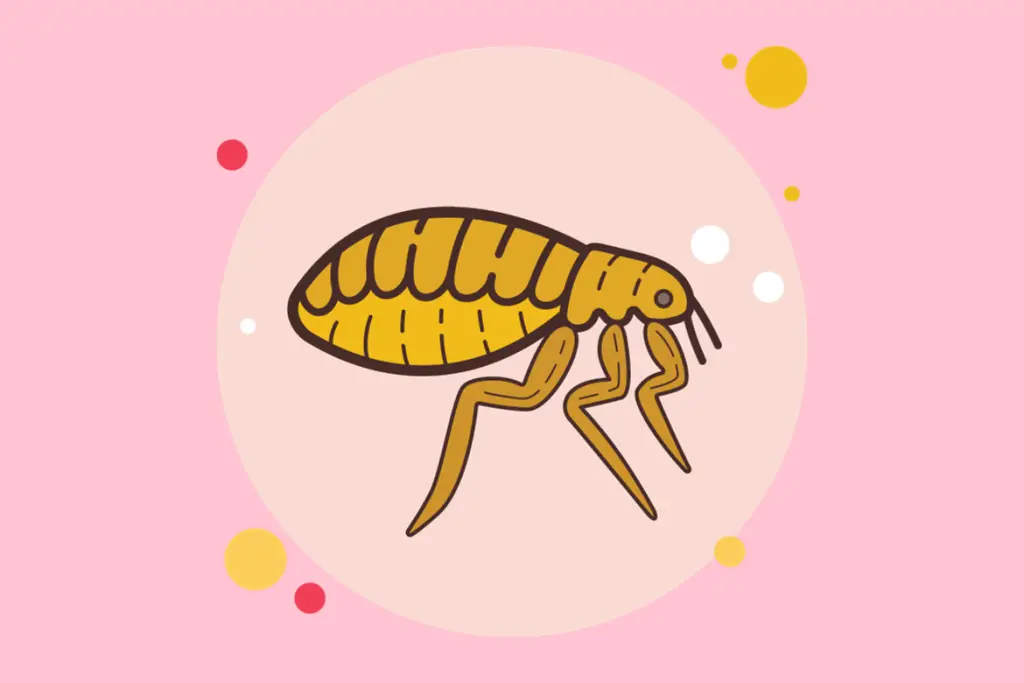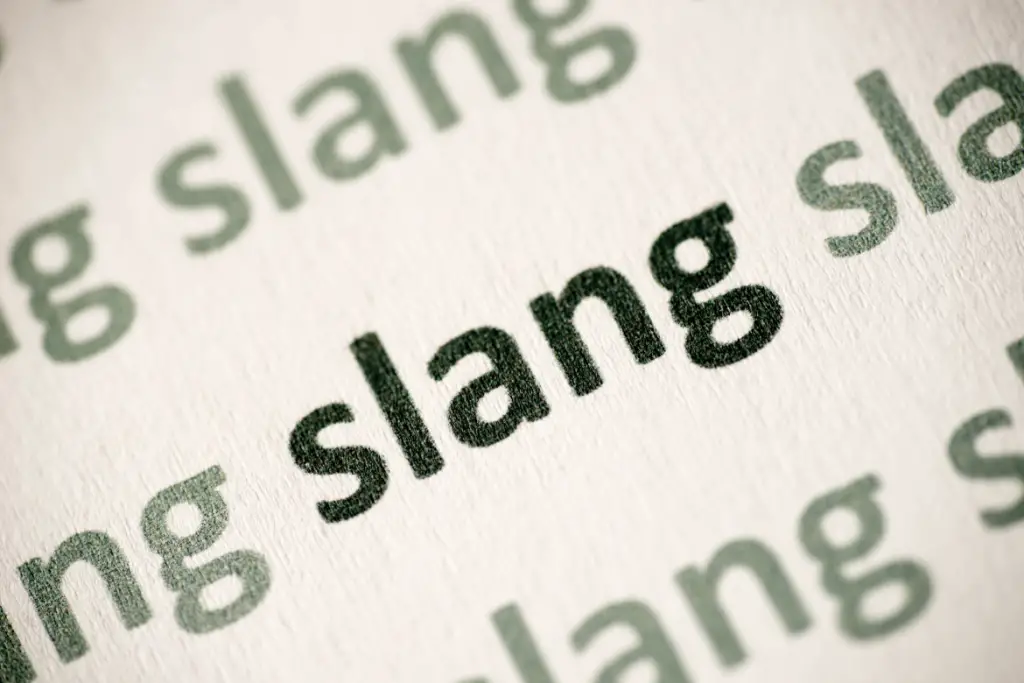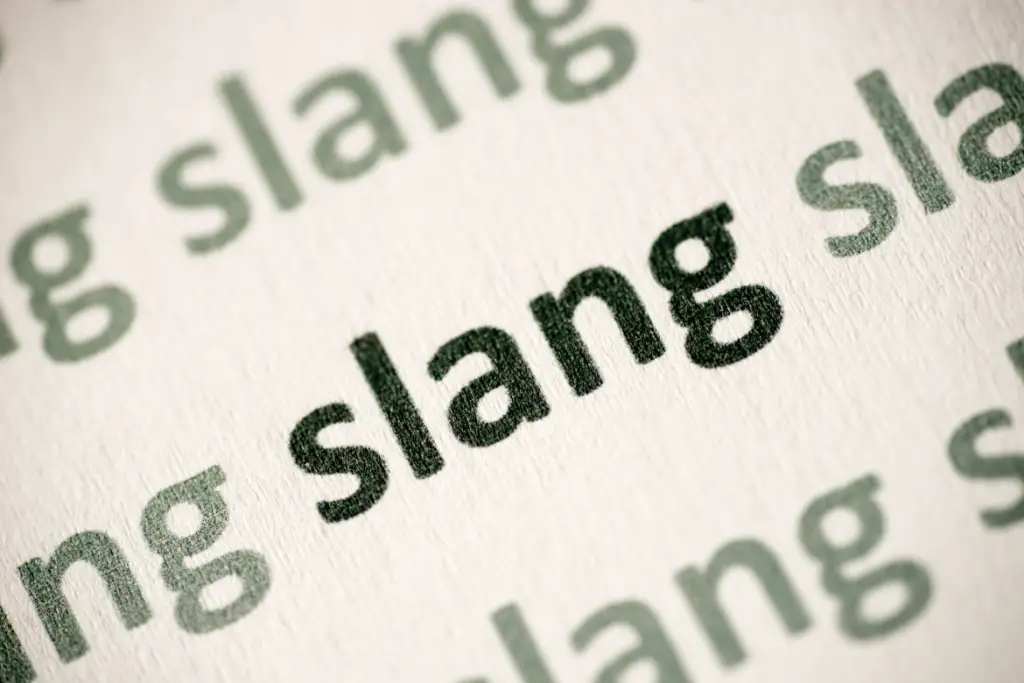Language, like the culture from which it stems, is an ever-evolving entity. As urban environments pulse with life and movement, so too does the vocabulary that articulates its rhythm. One such term, having undergone a metamorphosis of its own, is “flea.” No longer just the tiny pest you might associate with pets, in street slang, “flea” has taken on a life of its own. Dive with us as we unravel the mysteries of this slang term.
Introduction
You’d be forgiven for scratching your head (pun intended!) if someone called you a “flea” in a city setting. Gone are the days when the term merely referred to a small, jumping insect. Today, in the urban vernacular, “flea” has an entirely different implication.

Historical Roots: From Infamous Insect to Urban Expression
When one hears the word “flea,” the immediate association often conjures up images of a minute, wingless creature with an uncanny ability to wreak havoc, especially among our furry companions. The nature of the flea is parasitic, with these tiny insects having a proclivity for feeding on the blood of mammals and birds. Their size might be diminutive, but their impact, especially historically, is anything but.
Tracing the lineage of the flea through the annals of history paints a fascinating tale. While their primary role has been that of a nuisance — causing itching and irritation with their bites — there’s a darker side to their legacy. Fleas have been carriers and culprits of some of history’s most devastating epidemics. The most infamous among these was the bubonic plague or the “Black Death” of the 14th century. Transmitted through the bite of infected fleas that lived on black rats, the plague wiped out approximately one-third of Europe’s population. This cataclysmic event cemented the flea’s reputation as more than just a simple pest; it became a symbol of widespread calamity.
Fast forward to modern times, and the term “flea” has taken on a wholly different context, especially in urban environments. The streets, ever the melting pots of language and culture, have a way of repurposing and redefining words, often in ways that diverge significantly from their original meanings. And so, the flea, once synonymous with disease and destruction, began its unexpected linguistic metamorphosis. Within certain urban circles and subcultures, “flea” transformed from referencing a dreaded insect to a term with varying connotations, from endearment to a comment on one’s fresh appearance.
This transformation showcases the incredible adaptability of language and how terms, influenced by societal changes, cultural integration, and creative expression, can evolve in meaning, often shedding old associations and embracing new narratives.
Urban Emergence and Meaning
In street slang, particularly within certain urban settings, “flea” can be used as a term of endearment or a nickname, sometimes given to someone considered small in stature or young in age. It can also be used to describe someone as being on point or looking fresh, especially regarding their attire. “Flea” might also be used to describe something small and insignificant or, conversely, as a term of affection similar to “shorty.”
Generational Evolution & Variations
As is often the case with street slang, words tend to morph over time, influenced by music, media, and intercultural exchanges. The term “flea” is no exception. From its early days of representing diminutive stature or a particular style, its usage has broadened. Now, depending on the region or cultural context, “flea” can denote various things, further highlighting the flexible nature of slang.
Related Slang & Comparative Analysis
Similar to “flea,” terms like “shorty,” “lil’,” or “tiny” often play with the theme of size, either literally or metaphorically. However, it’s essential to recognize that while these terms might share common themes, their usage can differ substantially based on context and intent.

Cultural Impact, Media, and Modern References
Modern media, especially hip-hop and rap, often act as catalysts, propelling slang terms into mainstream consciousness. As artists weave these words into their lyrics, they’re exposed to a broader audience, enriching the cultural tapestry and ensuring these terms aren’t just fleeting (or should we say “flea-ing”?) phenomena.
Conclusion
The transformation of “flea” from pest to praise serves as a striking example of the dynamism inherent in language. As urban landscapes shift and evolve, so too do the words used to describe them. So, next time someone refers to you or something as “flea,” take a moment to appreciate the rich linguistic tapestry from which it springs. Whether a term of affection, a nod to style, or a playful jest, “flea” encapsulates the vibrancy and versatility of street slang.
FAQ: Unraveling the Mysteries of “Flea” in Street Slang
1. What is the original definition of “flea”? Answer: Originally, a flea refers to a tiny, wingless insect known for its parasitic behavior, feeding primarily on the blood of mammals and birds.
2. How did “flea” transition from an insect to street slang? Answer: The streets, being dynamic hubs of cultural and linguistic evolution, have a tendency to repurpose and redefine words. Over time, “flea” was adopted and adapted to convey meanings ranging from a term of endearment to commenting on someone’s stylish appearance.
3. Did the bubonic plague have anything to do with the flea’s reputation? Answer: Yes, fleas were primary carriers of the bubonic plague, also known as the “Black Death” in the 14th century. The plague, transmitted through the bite of infected fleas living on black rats, devastated Europe’s population, further darkening the flea’s historical image.
4. What does “flea” mean in modern urban slang? Answer: In urban slang, “flea” can denote various things. It can be a term of endearment, a comment on someone’s stylish appearance, or a playful nickname, particularly for someone considered small or young.
5. Is the slang term “flea” related to the flea market? Answer: No, the term “flea market” has a different origin and isn’t directly connected to the street slang “flea.” The term “flea market” is believed to have been derived from the French “marché aux puces,” which translates to “market with fleas,” referencing second-hand items that might be infested with fleas.
6. How do media and music influence the evolution of terms like “flea”? Answer: Music, especially genres like hip-hop and rap, and media play pivotal roles in popularizing and propagating slang terms. As artists integrate these words into their work, the terms gain broader recognition and evolve further.
7. Are there any other slang terms with similar insect-based origins? Answer: While “flea” is a unique case, language often borrows from nature. Terms like “buggin’ out” (showing surprise or alarm) or “antzy” (impatient or restless) also have insect origins.
8. How widespread is the use of “flea” in slang? Is it localized to certain regions? Answer: While the term “flea” in its slang form might have specific origins, its use has spread thanks to media and music. Its recognition, however, might still be more profound in specific urban areas or cultures.
9. How does the term “flea” relate to other slang terms like “shorty” or “lil'”? Answer: All these terms play with themes of size or stature, either literally or metaphorically. However, their usage and exact meanings can differ based on context and cultural nuances.
10. Why is the study of slang terms like “flea” significant? Answer: Examining slang offers a unique window into the cultural, social, and linguistic shifts of communities. It provides insights into how language adapts and mirrors evolving societal dynamics.







